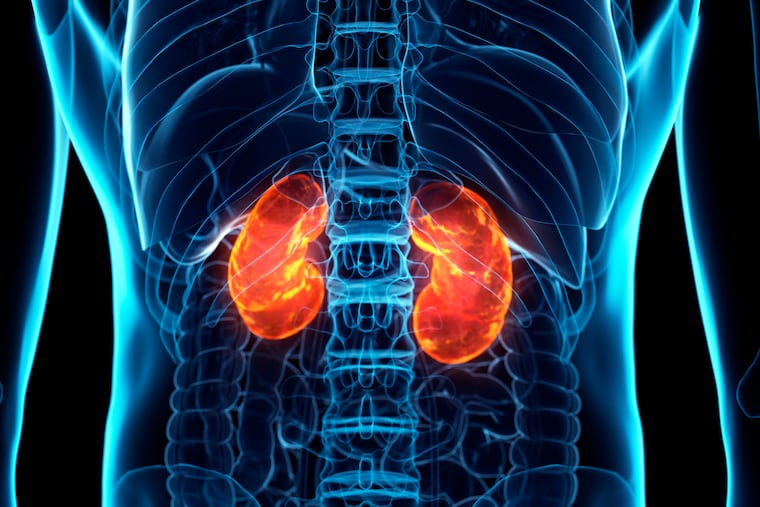Why is chronic kidney disease so under-recognized? | Expert Opinion
Approximately 90% of people with chronic kidney disease are unaware they have the condition because early-stage kidney disease has minimal symptoms.

Chronic kidney disease, sometimes called chronic kidney failure, describes the gradual loss of kidney function over time. When working properly, the kidneys filter waste and excess fluid from the blood.
About 90% of people with chronic kidney disease are unaware that they have the condition because early-stage kidney disease has minimal symptoms. Typically, stage 1 features no symptoms and stage 2 could cause nonspecific symptoms that can be overlooked, such as fatigue, loss of appetite, or sleep problems. By the time most people are diagnosed, the disease has moved to an advanced stage.
As chronic kidney disease reaches an advanced stage, high levels of electrolytes, waste and fluids build up and lead to dangerous complications, including:
High blood pressure
Anemia
Nerve damage
Increased risk of heart and blood vessel disease
Diabetes and high blood pressure cause two-thirds of chronic kidney disease cases, but anyone can experience the disease independent from other health conditions.
Certain populations are more likely than others to have chronic kidney disease, including:
Those with a family history of kidney failure
Those who are 60 years or older
Those belonging to groups with higher rates of diabetes and high blood pressure, including Black and Hispanic Americans
Early identification and diagnosis are essential for effective kidney disease management. Blood, urine and imaging tests are available to diagnose kidney disease, and doctors also may recommend a kidney biopsy to determine the cause.
There are no cures for chronic kidney disease, making early identification the best way to avoid severe health complications. Depending on the stage, multiple treatment options are available to limit symptoms and slow the progression of the disease.
Thirty-seven million Americans have chronic kidney disease — likely a low number, given how often people do not recognize their early-stage disease. Talk to your doctor about your risk and available testing options for chronic kidney disease.
Cheryl Jackson is the lead physician at Mercy Senior Health-West Philadelphia.